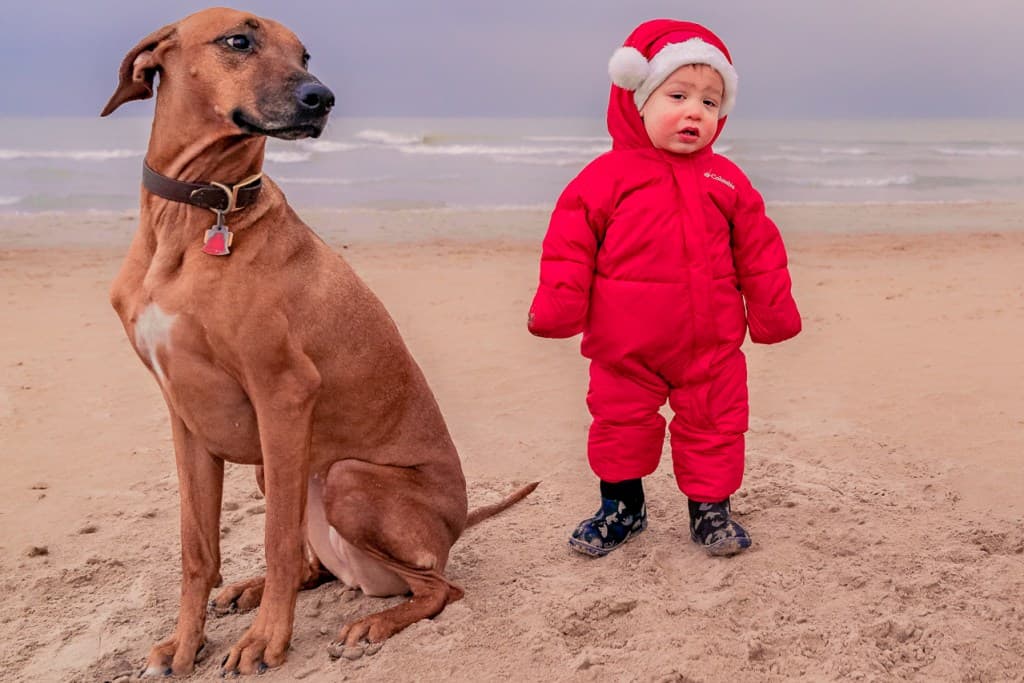
One Christmas Eve my father told us a story. Gathered on my brother’s bed, he whispered conspiratorially of stamping hooves and shaken bells he once heard on the roof as a child. Awed, we asked the questions children ask. Did he run outside? Did he see them? Did he see him??
“I heard the reindeer leap off the roof, and that was enough,” he said.
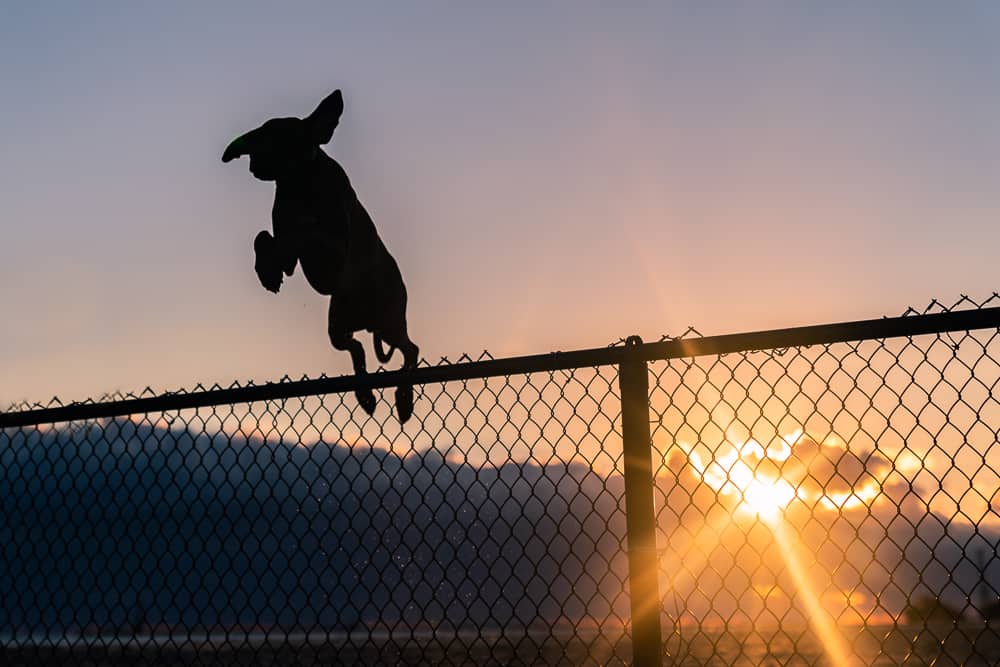
He kissed us each goodnight and left us to wonder. Was the story true? We quietly mused on the matter, shushing each other to listen at any perceived creak above our heads. Would this be the night we answered the question of whether the magic was real?
I listened vigilantly, so still and quiet that I lulled myself to sleep.
I don’t remember much about the presents I received the next morning, but I’ll never forget the feeling of wonder my fathered gifted us that evening. It’s a feeling I’ve always associated with the reindeer bell from my childhood copy of The Polar Express.
Like the bell, my father’s gift was one which tends to dull with age. To keep a shining sense of awe we must be willing to let go of the certainties of our experiences in order to embrace the wanderings of our imaginations.
Fortunately, I have a couple magical creatures of my own to help with the task. The excited jingling of their dog collars each morning are like reindeer bells reminding me to shrug off my worries and come fly with them. And fly they do! Over fences and over each other, trailing a touch of wonder with each leap.
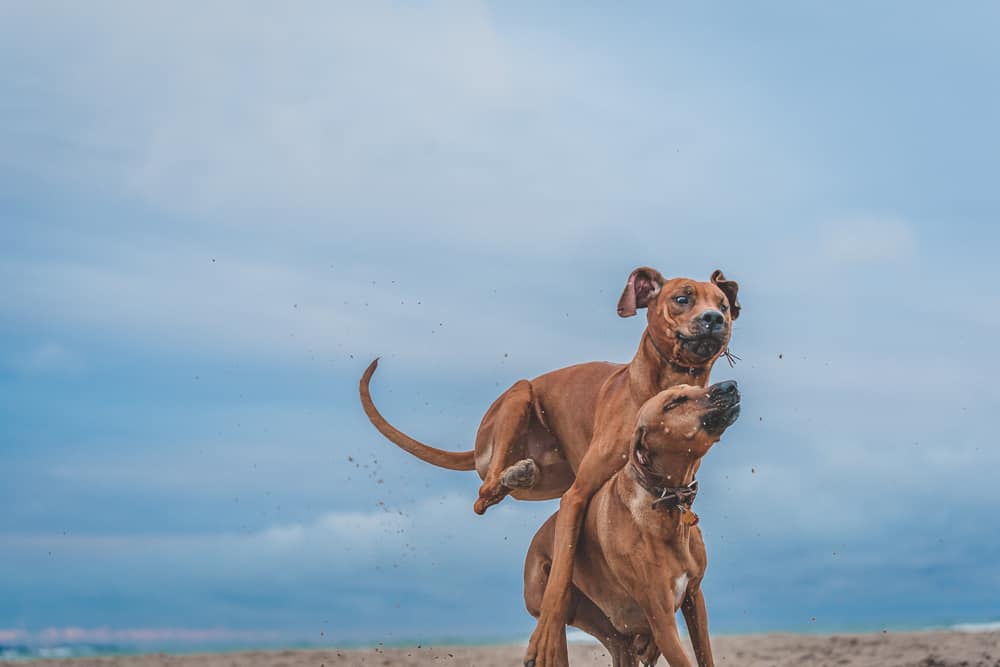
Watching them fly this past week, in his red suit and hat, was Lincoln. He’s still too young to care about Santa or reindeer, but there is no age too young for wonder. And Lincoln, like all children, is wonder incarnate.
“Wow!” Link exclaimed when the dogs first soared above the sand. “Wow!” he yelled the second time. And the fifth, and the fifteenth. Each shout as enthusiastic and earnest as the first. I laughed at his relentless cheers, but they were infectious.
My first few attempts to join him were timid imitations, dampened by that pernicious impulse adults have to be above child-like feelings. But true wonder requires vulnerability. It is an admission of feelings and thoughts beyond our limited ability to articulate and understand them. To wonder means to lift our hearts and minds from their safe confines and offer them up to freely float amongst the stars.
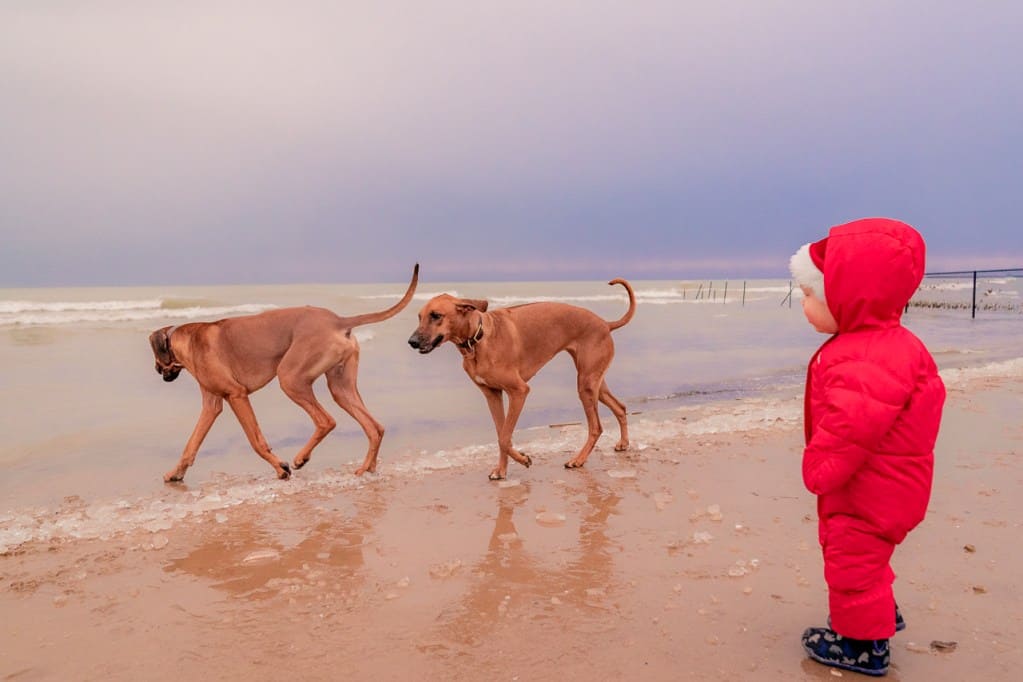
With Link’s help and the dogs’ encouragement, I finally got the hang of it. Yelling “Wow!” with him and really meaning it. Laughing and marveling at the impossible magic of the universe converging in a moment which allowed me to be in this place, with this boy, these dogs, and so much love.
And if that impossible moment could happen, who am I to say what other impossibilities could not? That a team of flying reindeer might carry a sleigh across the sky seems no more preposterous than my luck to shout “Wow!” with my child at our dogs until we are both hoarse.
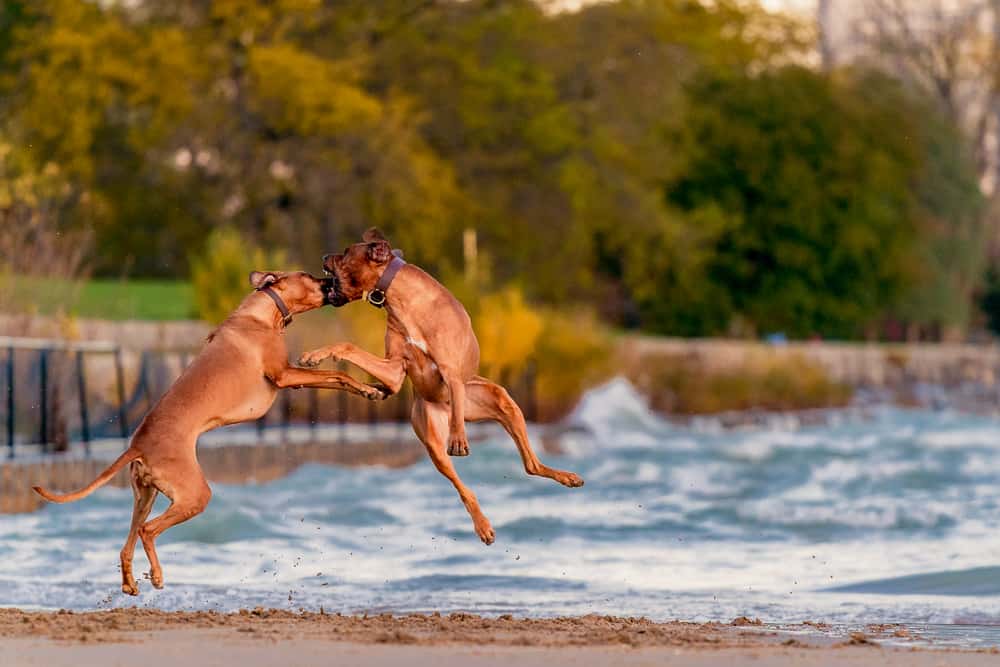
Eventually, the questions will come. Lincoln will ask about Santa and magic and impossible things. I used to worry about how to answer him. Or worse, what to say when he started googling the answers himself. But a couple of flying dogs helped remind me that so often in life, answers are not enough.
So I will tell him the truth. That on a cold winter morning I once held him in my arms at the beach, closed my eyes, and I could not be certain if the bells I heard above were from the dogs or reindeer. And at that moment I heard a boy shout “Wow!” and was certain something wonderfully impossible had happened.
As to what that all means? I’ll give Lincoln a kiss and leave him to wonder.
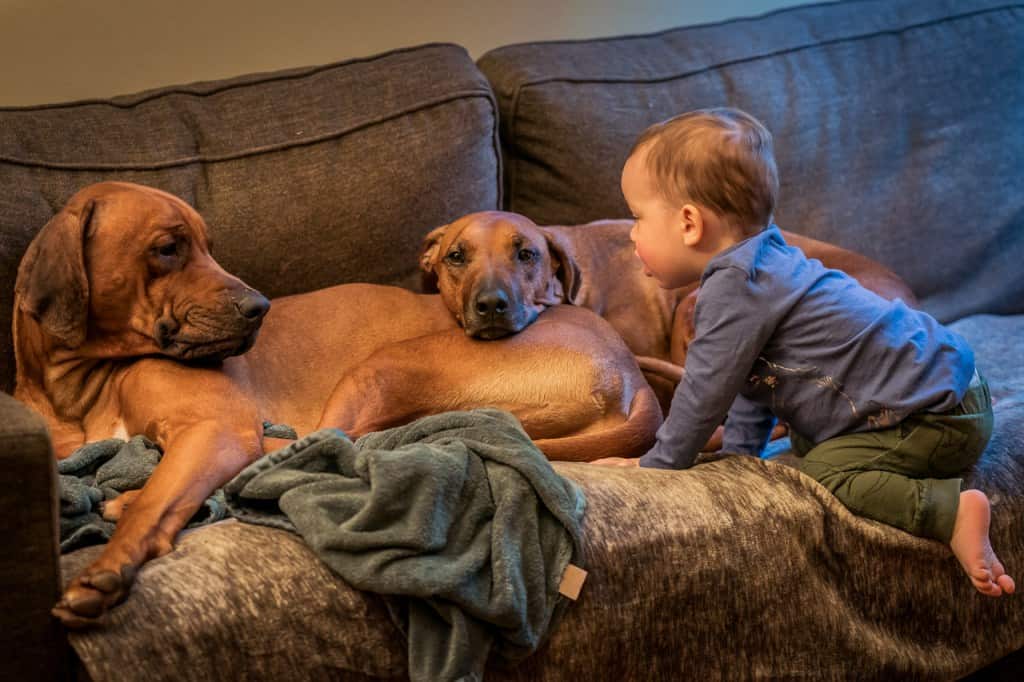
Merry Christmas!